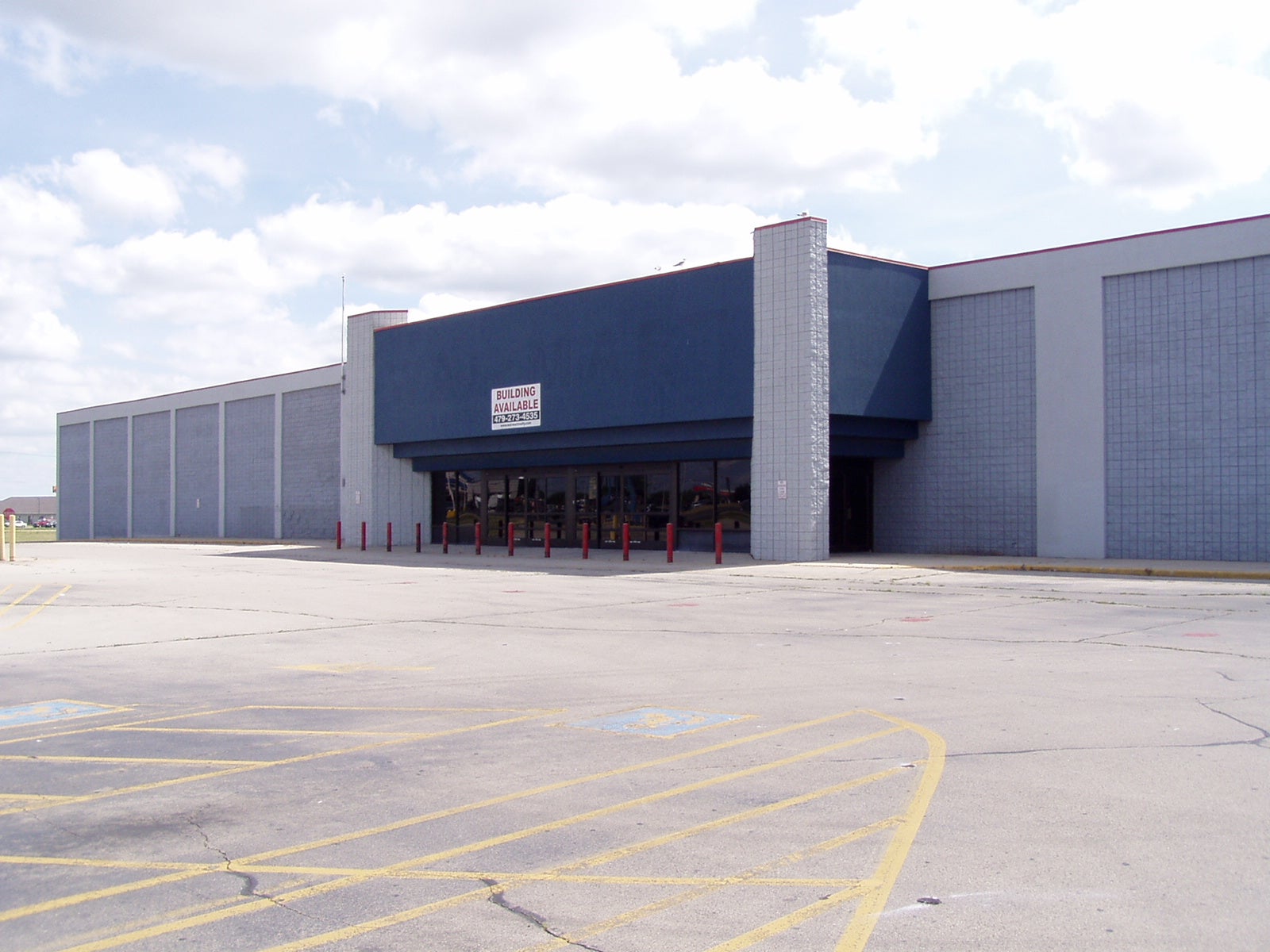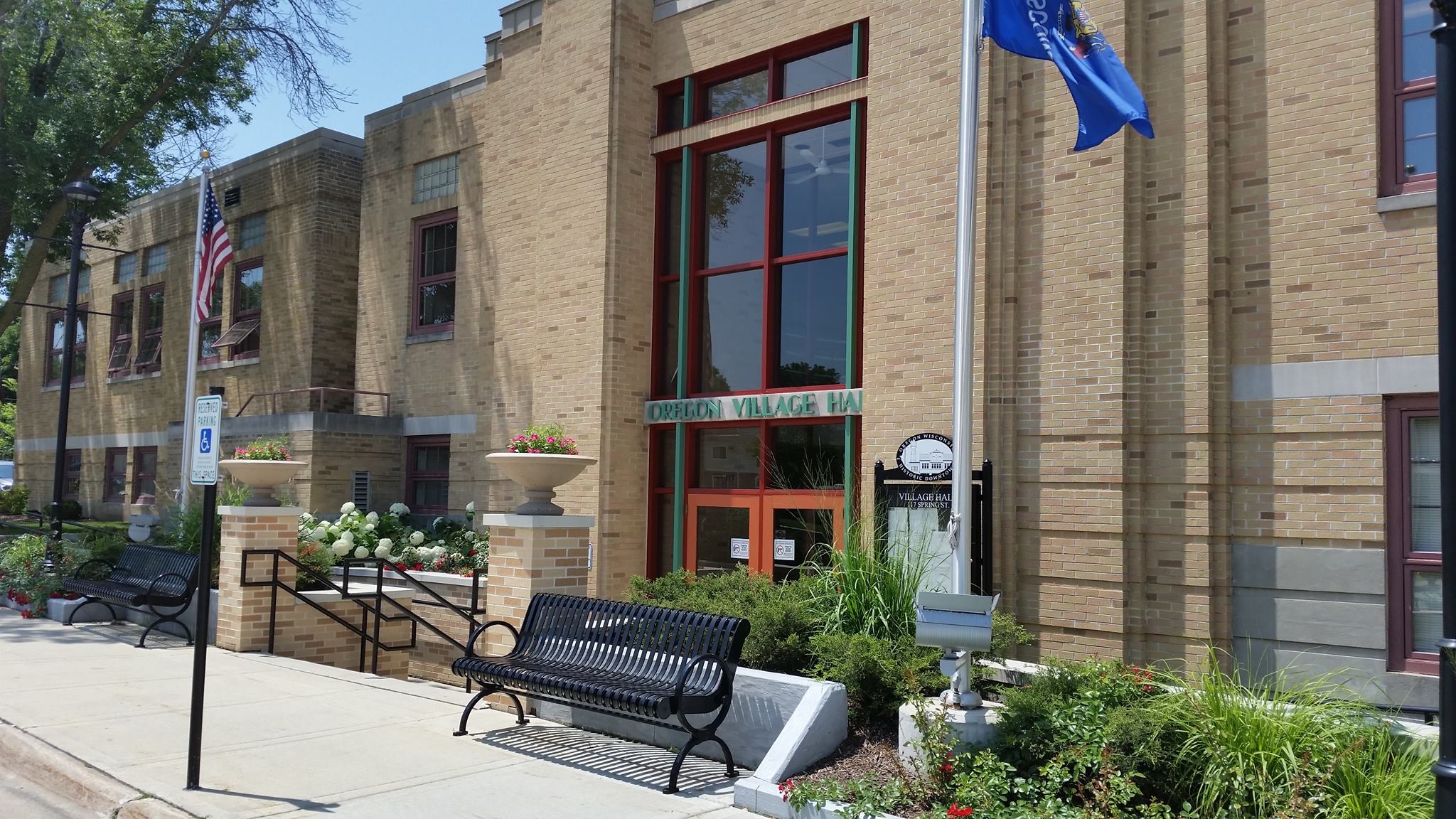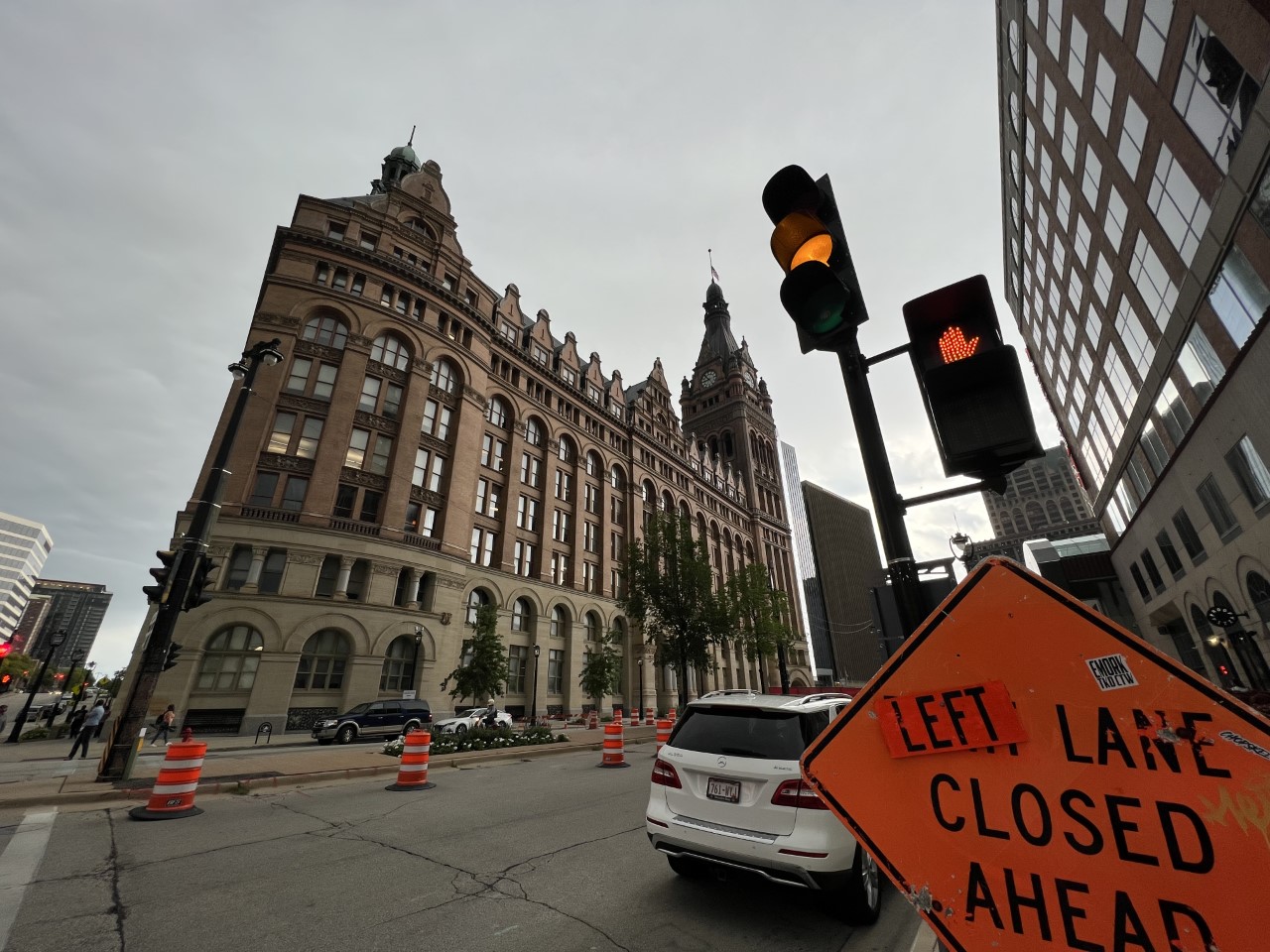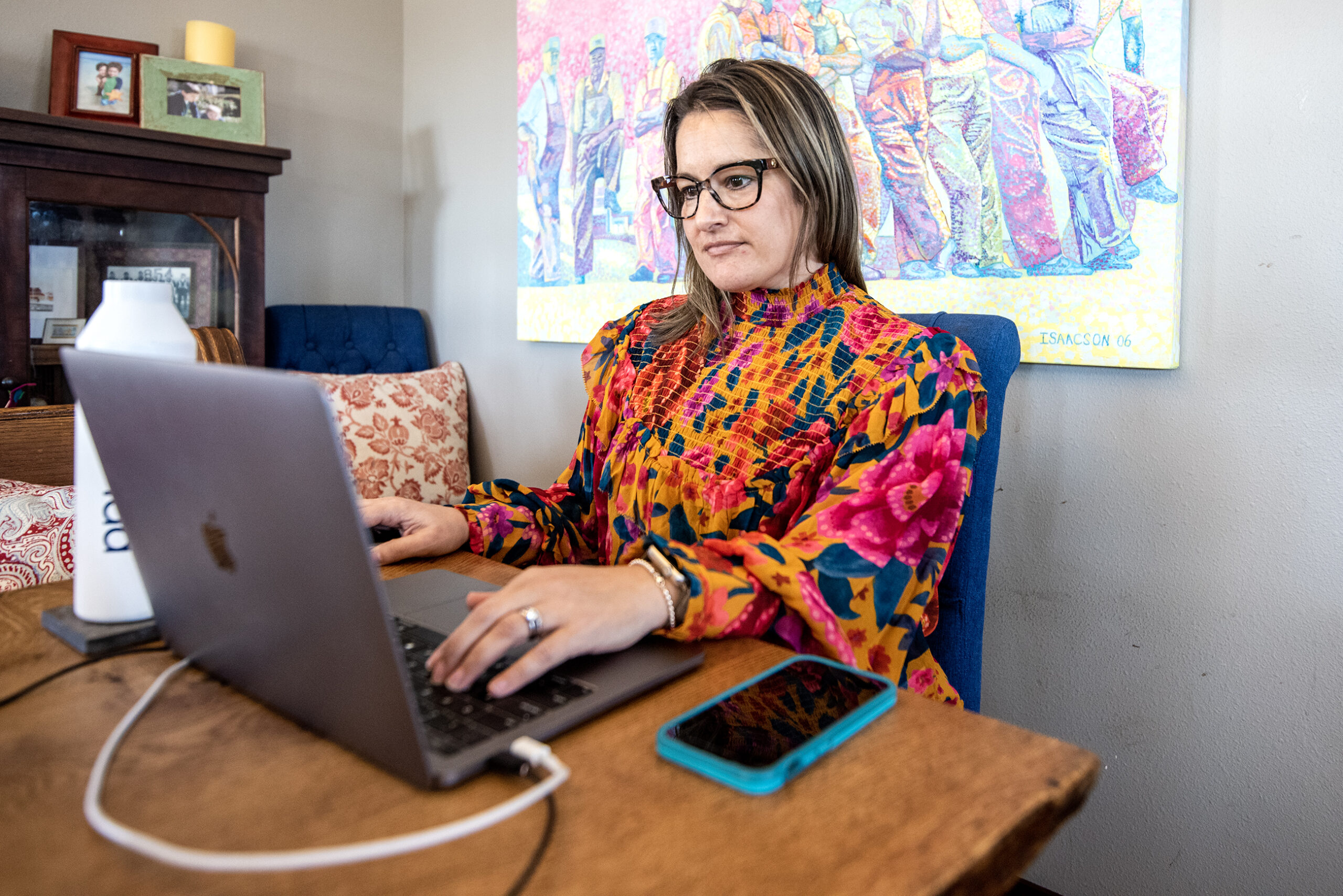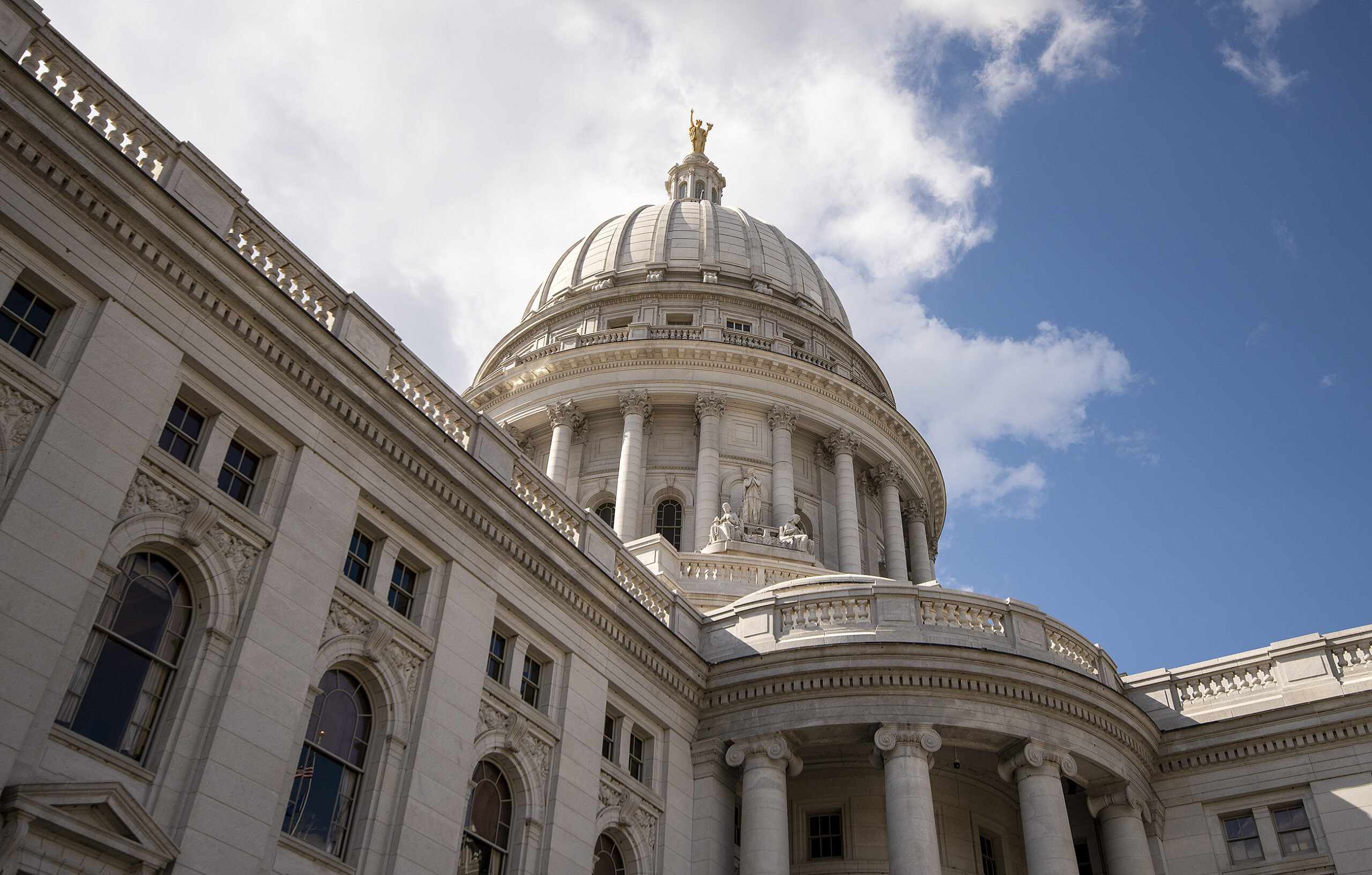Twenty-two Wisconsin counties, cities and villages are asking voters this fall to decide whether lawmakers should close the state’s so-called “dark store” loophole.
Barron County is among 17 counties asking voters through an advisory referendum whether lawmakers should end a policy that allows operating stores to take vacant stores into account when assessing their value for tax purposes.
Under state law, assessors consider the value of property based on what a buyer may pay for it, sales comparisons, and the income property may generate.
News with a little more humanity
WPR’s “Wisconsin Today” newsletter keeps you connected to the state you love without feeling overwhelmed. No paywall. No agenda. No corporate filter.
Barron County Board Chairman Louie Okey said assessing commercial properties like they’re vacant doesn’t make sense because the stores are generating revenues.
“If we do not close that loophole, those places will have their property tax burden reduced, and, therefore, push more of the burden on the residential property owner,” said Okey.
However, Corydon Fish, director of tax for Wisconsin Manufacturers and Commerce, argues it’s the other way around.
“They talk about a tax shift to homeowners when there’s no such tax shift,” he said. “The tax shift is actually from homeowners to businesses.”
Fish said wording in the advisory referendums put forth by counties is “incredibly biased” and reflects model language supplied by groups like the Wisconsin Counties Association.
Kyle Christianson, the association’s director of government relations, said the referendums represent a “grassroots movement” by counties.
“An initiative not really driven by statewide associations, but more so by individual counties who have recognized clearly there’s a problem here with our assessment laws,” Christianson said.
Fish argued data from the Wisconsin Department of Revenue shows commercial properties have paid an increasing share of property taxes while residential property taxes have declined in recent years. Christianson acknowledged property values may fluctuate, but he said residential taxpayers still pay more than two-thirds of property taxes statewide.
An August memo from the nonpartisan Legislative Fiscal Bureau memo states both residential and commercial properties have shouldered an increasing share of the tax burden in the last decade. At the same time, manufacturing and other properties have seen their share of taxes decline.
Wisconsin Public Radio, © Copyright 2026, Board of Regents of the University of Wisconsin System and Wisconsin Educational Communications Board.

